With @awvmossner and @WojciechM6, I’m proud to share that our thematic cluster of articles on Empirical Ecocriticism is out in @Isle_Us. What is empirical ecocriticism and why should anyone be interested in it? https://tinyurl.com/empiricalecocriticisminISLE">https://tinyurl.com/empirical...
Since its inception, #ecocriticism has generally assumed that environmental literature (and other media) has a positive effect on its readers. But the truth is that we just don’t know how environmental literature affects most people, or specific communities of readers.
That’s why we need empirical ecocriticism: an empirically grounded, interdisciplinary approach to environmental narrative. Empirical ecocriticism combines social scientific and humanistic methodologies to examine the influence of environmental texts on their audiences.
In order to learn, for example, whether climate fiction influences the attitudes, beliefs, and behaviors of its readers, an empirical ecocritic might conduct interviews, a survey, a focus group study, or a controlled experiment. https://academic.oup.com/isle/article-abstract/27/2/337/5855716?redirectedFrom=fulltext">https://academic.oup.com/isle/arti...
This cluster contains three case studies that use these methods, but other methods might be equally illuminating, from ethnographic research to participant observation to corpus linguistics. https://academic.oup.com/isle/article-abstract/27/2/365/5843531?redirectedFrom=fulltext">https://academic.oup.com/isle/arti...
The kinds of questions that empirical ecocriticism might explore revolve around the central questions that ecocriticism has been interested in since its origin, which are increasingly urgent at this moment of climate emergency, mass extinction, and global pandemic:
To the extent that these are key concerns of many scholars involved in #ecocriticism today, we hope that this cluster marks the beginning of a vibrant tradition of empirical ecocriticism. To read the entire cluster, learn more or get involved, go to http://www.empiricalecocriticism.com"> http://www.empiricalecocriticism.com .

 Read on Twitter
Read on Twitter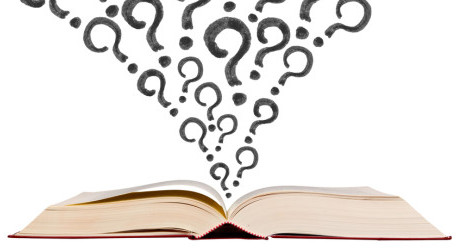
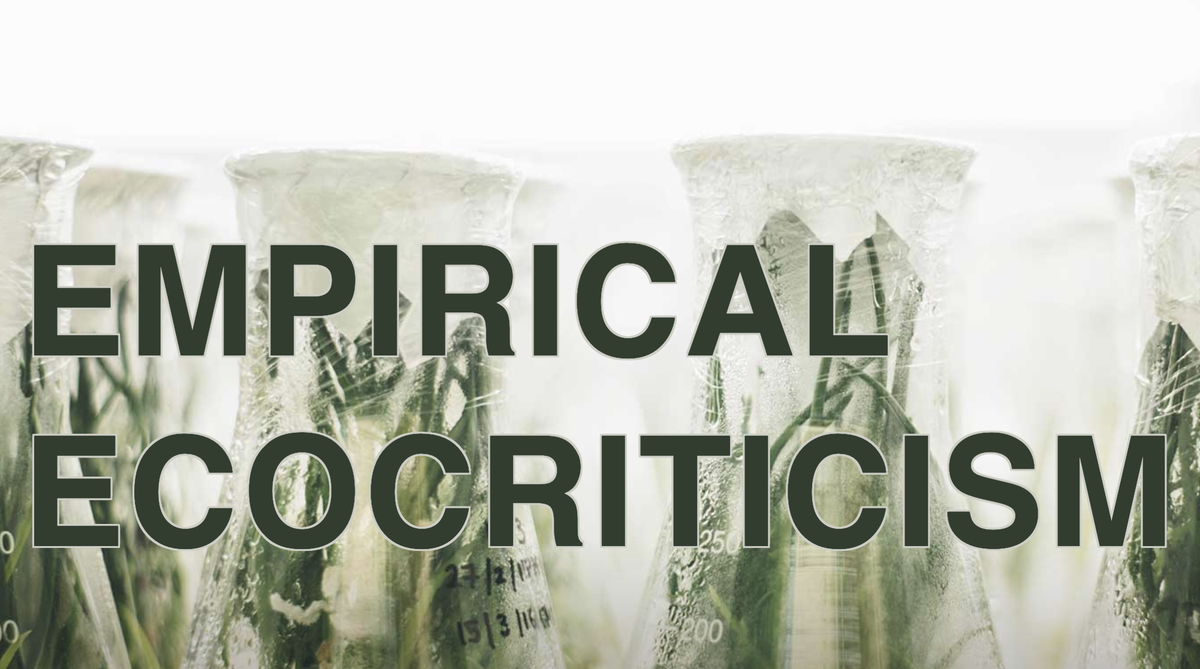
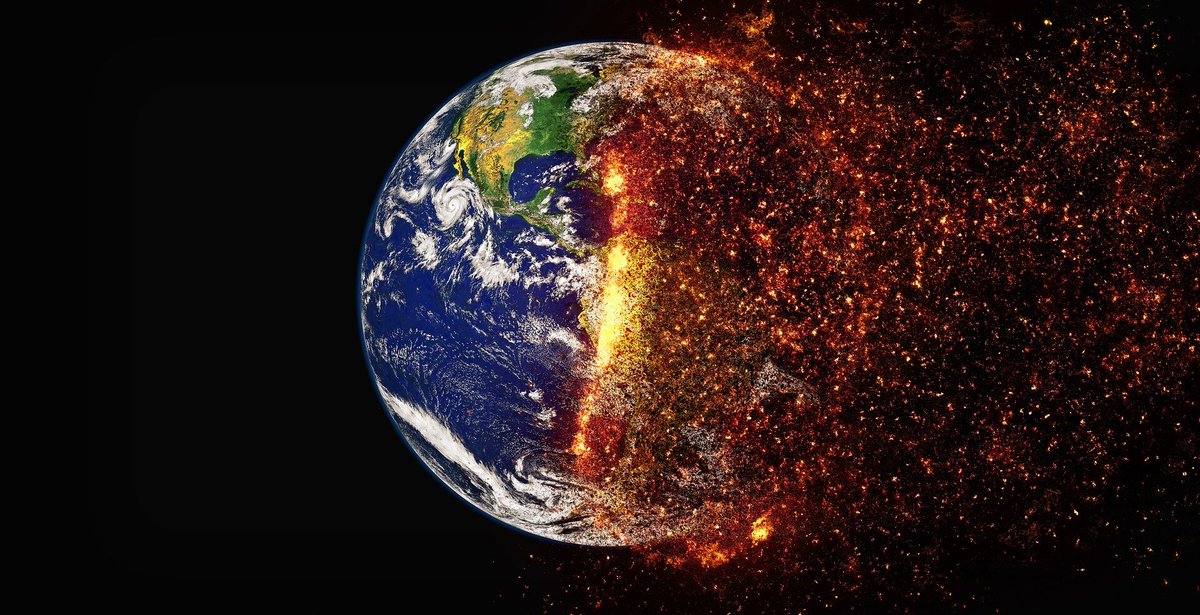
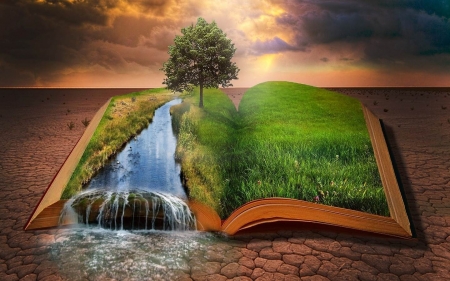 How can environmentally engaged narratives contribute to the transformation of attitudes, behavior, culture, infrastructure, policy, and politics that is now undeniably necessary?" title="https://abs.twimg.com/emoji/v2/... draggable="false" alt="📗" title="Grünes Buch" aria-label="Emoji: Grünes Buch"> How can environmentally engaged narratives contribute to the transformation of attitudes, behavior, culture, infrastructure, policy, and politics that is now undeniably necessary?" class="img-responsive" style="max-width:100%;"/>
How can environmentally engaged narratives contribute to the transformation of attitudes, behavior, culture, infrastructure, policy, and politics that is now undeniably necessary?" title="https://abs.twimg.com/emoji/v2/... draggable="false" alt="📗" title="Grünes Buch" aria-label="Emoji: Grünes Buch"> How can environmentally engaged narratives contribute to the transformation of attitudes, behavior, culture, infrastructure, policy, and politics that is now undeniably necessary?" class="img-responsive" style="max-width:100%;"/>
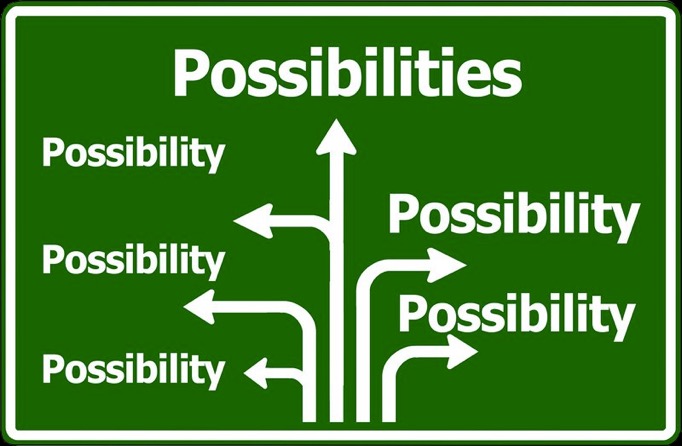 How do the assumptions and intuitions of ecocritics align with empirical evidence about what narratives do when they encounter real people? What other questions might empirical studies generate and then help us explore?" title="https://abs.twimg.com/emoji/v2/... draggable="false" alt="📗" title="Grünes Buch" aria-label="Emoji: Grünes Buch"> How do the assumptions and intuitions of ecocritics align with empirical evidence about what narratives do when they encounter real people? What other questions might empirical studies generate and then help us explore?" class="img-responsive" style="max-width:100%;"/>
How do the assumptions and intuitions of ecocritics align with empirical evidence about what narratives do when they encounter real people? What other questions might empirical studies generate and then help us explore?" title="https://abs.twimg.com/emoji/v2/... draggable="false" alt="📗" title="Grünes Buch" aria-label="Emoji: Grünes Buch"> How do the assumptions and intuitions of ecocritics align with empirical evidence about what narratives do when they encounter real people? What other questions might empirical studies generate and then help us explore?" class="img-responsive" style="max-width:100%;"/>


